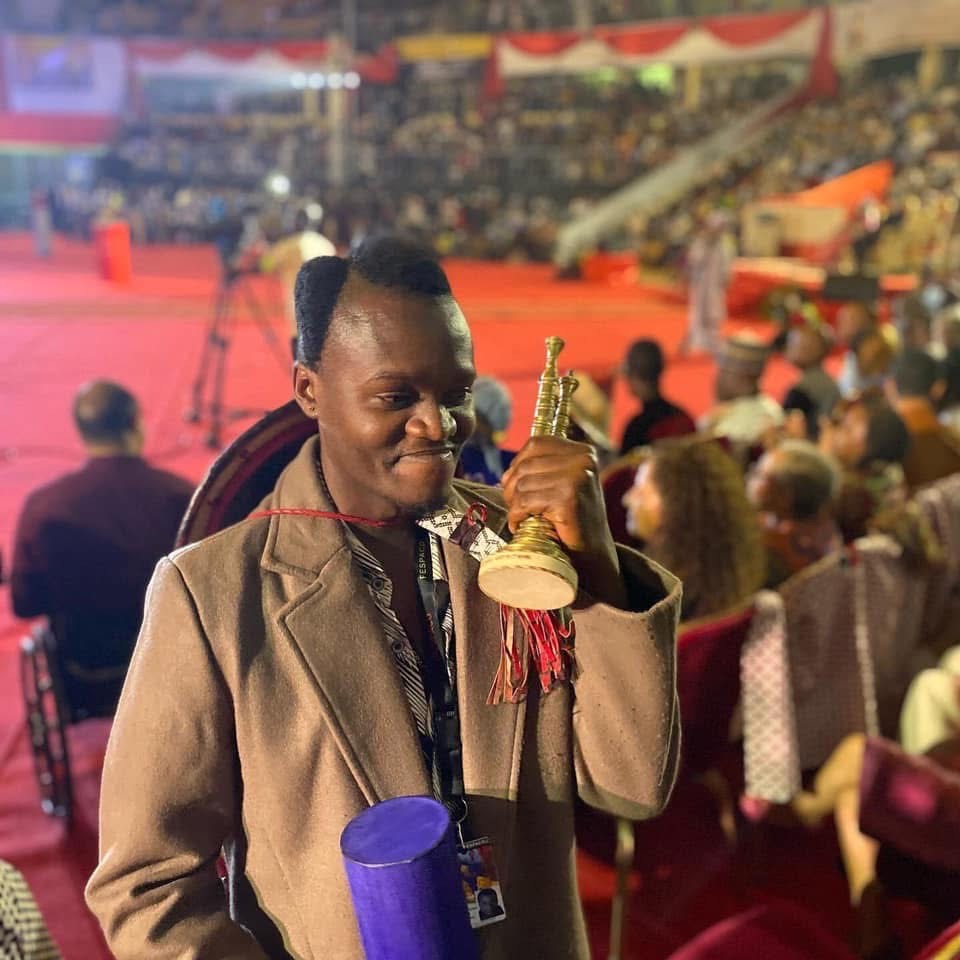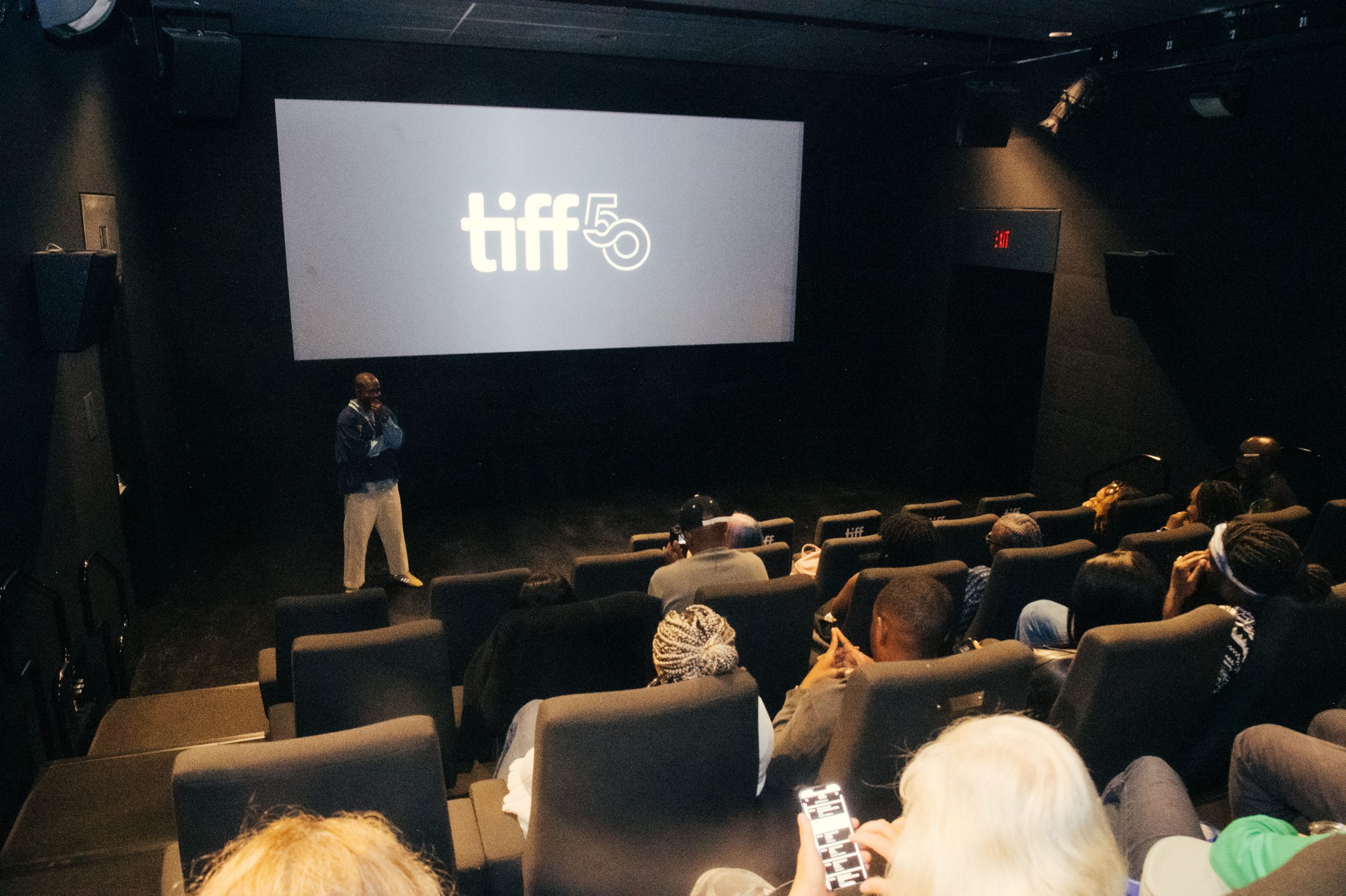Tell us a little about yourself…
I am an independent Kenyan filmmaker. I was born in London, I grew up in Kenya, studied film in Norway and France and then came back home to settle. I want to tell stories about home with all the dignity that it has and deserves. I’ve made a few short films, some have gathered international recognition. I’m wrapping post production on the biggest short film I’ve done so far while also developing a documentary feature about my grandfather.

What inspired you to become a filmmaker, and how has your heritage influenced your work?
Cultural imperialism is real. At first I was inspired at first by all the superhero and action american films that inspire boys, particularly Nolan. Later I was inspired by all the filmmakers from around the world who inspire young men; Wong Kar Wai, Paul Thomas Anderson, Kurosawa, Kubrick etc. Now I find myself at a place where my identity as a young urban (or suburban) Kenyan is something I want to see reflected in my inspirations.
Though many kenyans have made exceptional and beautiful films (e.g Baba (2021) Something Necessary (2013) Battle for Laikipia (2024) amongst many others) I don’t feel like there’s anyone from my country (or any similar cultural context) who has achieved what I want to achieve in filmmaking. I find myself without singular figures that are guiding stars. I’m inspired in limited ways by many people from many places and mediums. Early african filmmakers like Ousmane Sembene and Djibril Diop Mambety. American rappers like Kendrick Lamar, Yasiin Bey and Noname. African post independence leaders like Jaramogi Oginga Odinga and Thomas Sankara. In my head there’s a person who has some of the qualities of all these heroes of mine. That’s the person who inspires me today.
In terms of my heritage, both my grandfathers were freedom fighters and they left behind writing that documented their lives but also described our peoples traditions before colonialism. They inspire me through these words they left behind. They had such great ambition for bettering our people and I like to think art has a part to play in bettering our people today.

What challenges have you faced as a filmmaker of African origin, and how did you overcome them?
It is difficult to call oneself an artist in something that calls itself an industry. My directing professor once told us something to that effect.
Americans can make films because people pay to see them. Europeans make films because governments and institutions pay for them to be made. Africans struggle to make films because it’s difficult to find the money to make them and difficult to make that money back.
In this context, it is difficult to know what films to make. It’s difficult to figure out how to feed yourself and pay rent as you’re making personal films. It’s difficult to get people to watch your film when it’s done. These are all problems I have faced and continue to face.
I think the solution exists with the culture. We as filmmakers continue to work and strive for better even as we dream in an inhospitable environment but we can’t make change in one fell swoop as individuals. It’s going to have to be us as communities continuing to make films consistently, good ones. It’s going to be people showing up to see them because we’ve made films they want to see. It has to be a culture.
That’s what I see as the challenge but we persevere. Kenyan film is in a better place than it was 10 years ago.

What advice would you give to aspiring African filmmakers aiming to share their stories on a global stage?
Learn the histories of African cinema. Watch the films that Africans are making now.
Be strong and have patience.













